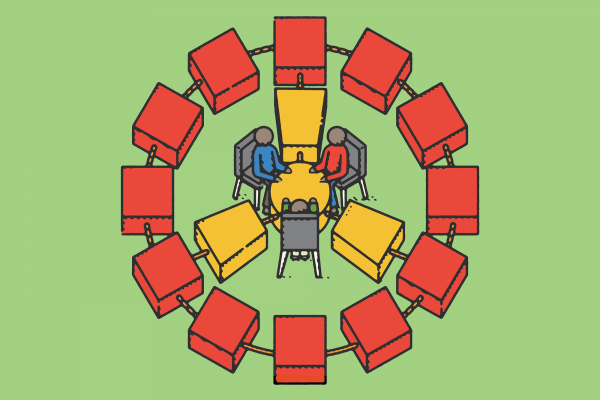THE INTERNATIONAL COMMUNITY is scrambling to salvage the 2015 Iran nuclear deal after the United States withdrew from it in 2018 and reimposed harsh sanctions on Iran. At stake is how much sanctions relief to offer in return for robust international oversight of Iran’s nuclear program. Blockchain technology allows us to fundamentally reframe this question: What if countries could offer real-time visibility of their nuclear programs in return for positive financial incentives?
Blockchain is an information management tool for governing large networks in low-trust environments. Uniquely, however, it can both facilitate and financially incentivize cooperation among nontrusting parties. This suggests a potential role for blockchain in normalizing habits of international cooperation, including by helping build trust in nuclear nonproliferation and disarmament agreements.
At least three attributes of blockchain are relevant in that regard.
Read the Full Article

